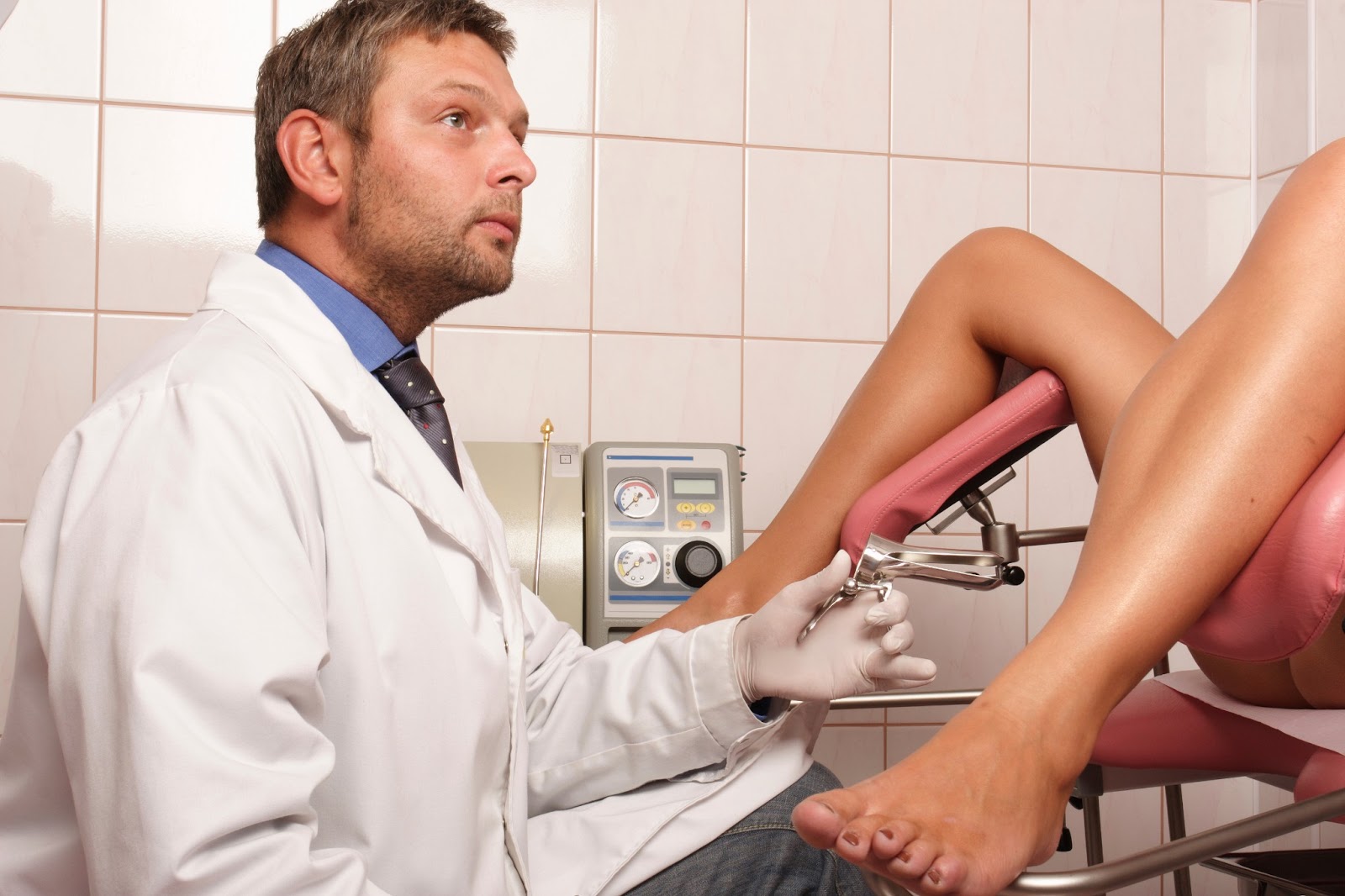We all have secrets, but some of them, if we don’t tell the doctor, can hurt us.
A problem that for you is nothing more than shameful, could be the symptom of an undiagnosed disease that probably has treatment.
Do you hide anything from your past from your doctor?
You may think it is irrelevant to your current condition, but the doctor may find it important information. And if you’re trying to get pregnant, it’s even more important to be honest with your doctor.
See: Health plans: advantages and disadvantages
Here are eight secrets that women don’t tell their doctors and why you should share them from now on:

1. Pain during sexual intercourse
Sex shouldn’t be painful. Discomfort from time to time can be considered normal, but if you regularly experience pain during sexual intercourse, talk to your doctor.
Pain during sex can be symptoms of several health conditions, many of which can affect fertility, such as endometriosis, fibroids, pelvic adhesion and pelvic inflammatory disease. All of them, in addition to causing pain during sexual intercourse, can cause infertility if left untreated.
Pain during sex can also make getting pregnant more difficult. Some women experience pain during intercourse, especially around the ovulation period, which is exactly the period when they need to have sex to get pregnant.
Others experience pain due to vaginal dryness, which not only makes sex uncomfortable, but also harms their chances of getting pregnant.
Discover: 10 factors that compromise female fertility
2. Excessive facial and body hair growth
If you’ve noticed unusual hair growth on your body, you probably shave and get rid of it. Your doctor will never fix this condition and you probably won’t find it relevant to tell him what you’re going through. However, you should.
Excess facial and body hair is a likely symptom of hormonal dysfunction. The most common cause of this is Polycystic Ovary Syndrome. Other possible causes are adrenal hyperplasia, hyperandrogenism, insulin resistance, Cushing’s syndrome and ovarian tumors.
All of these conditions, in addition to causing infertility, are harmful to your health as a whole. Therefore, you can continue to shave, but talk to your doctor.
See: 10 things you should ask your gynecologist
3. Intestinal cramps
“Healthy” cramps are usually uncomfortable but never painful. There are a number of conditions that can cause intestinal pain. Endometriosis, for example, can cause pain when eliminating feces and even when urinating. These symptoms often worsen during menstruation.
Another common cause is Irritable Bowel Syndrome. In this case, the disease does not affect fertility, however, it is normal for the syndrome and endometriosis to appear at the same time.
Endometriosis is difficult to diagnose. That’s why it’s important that you share your symptoms with a doctor.
Find out: 10 signs that you need to see a gynecologist
4. Vaginal dryness
When a woman is sexually stimulated, the vaginal glands produce a secretion to make sexual intercourse more comfortable and also to provide conditions for sperm survival.
If the woman is going through a period of dry secretion, she and her partner may think it is due to a lack of stimulation. If they continue with sexual intercourse, the woman may feel pain.
These women often feel ashamed for not producing this secretion and think it’s their fault for not feeling stimulated. Therefore, this subject may never be mentioned in a medical consultation.
However, vaginal dryness can be caused by hormonal dysfunction, vaginal infection, or irritation, in addition to being a reaction to medication.
You can even use lubricant to make sex more comfortable, but be sure to tell your doctor about it. Depending on the cause, your doctor may prescribe estrogen suppositories.
Discover: 7 foods to keep your vagina healthy
5. You have had an STD in the past
If you have had a sexually transmitted disease in the past that was treated with antibiotics, you may find that it is no longer relevant information for your doctor. But you should think twice, especially if you are planning a pregnancy.
While antibiotics are treating the infection, sexually transmitted diseases can leave scars on reproductive organs and medicines cannot treat these wounds.
One of the consequences of these scars is blockage of the fallopian tubes, which can cause infertility. You may have other symptoms besides the inability to conceive a baby, but don’t assume that a lack of pain means everything is okay.
If you don’t want people to know that your partner has had a sexually transmitted disease in the past, remember that your doctor cannot share your personal information with anyone.
Discover: Innocent ways to contract HPV that you never imagined
6. Different vaginal odor
Body odors are generally associated with poor hygiene and, for this purpose, there are soaps and deodorants. But if you notice a different vaginal odor, don’t cover it up with intimate deodorants.
Strange vaginal odors can be a sign of infection which, during pregnancy, can even cause premature birth.
Infections in the vagina also make the body more susceptible to other sexually transmitted diseases. These infections, if left untreated, are associated with pelvic inflammatory disease, which can cause infertility.
These are good reasons to, instead of masking odors with deodorants, call your doctor and make an appointment with a gynecologist.
See: Vaginal infections – Infographic
7. Lack of interest in sex
“I don’t feel like having sex,” sounds like something you might say to a psychologist, not your gynecologist. But a lack of sexual desire could be a sign of a medical problem.
Sexual desire is rooted in the biochemistry of our body. When you are approaching ovulation – your most fertile period – hormones lead to an increase in sexual desire.
This is nature’s way of making sure humans have sex at the best time to make babies.
If you don’t feel sexual desire, it could be a sign of a hormonal imbalance. Talk to your gynecologist about this!
See: 6 Medical exams that every woman should take
8. Unsafe sex
Telling your gynecologist that you’re having unprotected sex can be awkward. But the good news is that he’s not there to judge you. He’s there to help and needs to know if you’re having sex without a condom.
Sexually transmitted infections can appear after just one unprotected encounter, and people from all social and economic classes can get them.
They are also a common cause of infertility that may be preventable. The longer they are left untreated, the more damage they can do to your reproductive system.
The most worrying thing is that many STDs are silent in women. In other words, there are no or few visible symptoms.
If you have ever had unprotected sex – or are concerned about your partner – ask your doctor to be tested for sexually transmitted diseases. You don’t need to give all the details. You can just request the test, and leave it at that.

Sign up for our newsletter and stay up to date with exclusive news
that can transform your routine!
Warning: Undefined array key "title" in /home/storelat/public_html/wp-content/plugins/link-whisper-premium/templates/frontend/related-posts.php on line 12
Warning: Undefined array key "title_tag" in /home/storelat/public_html/wp-content/plugins/link-whisper-premium/templates/frontend/related-posts.php on line 13




